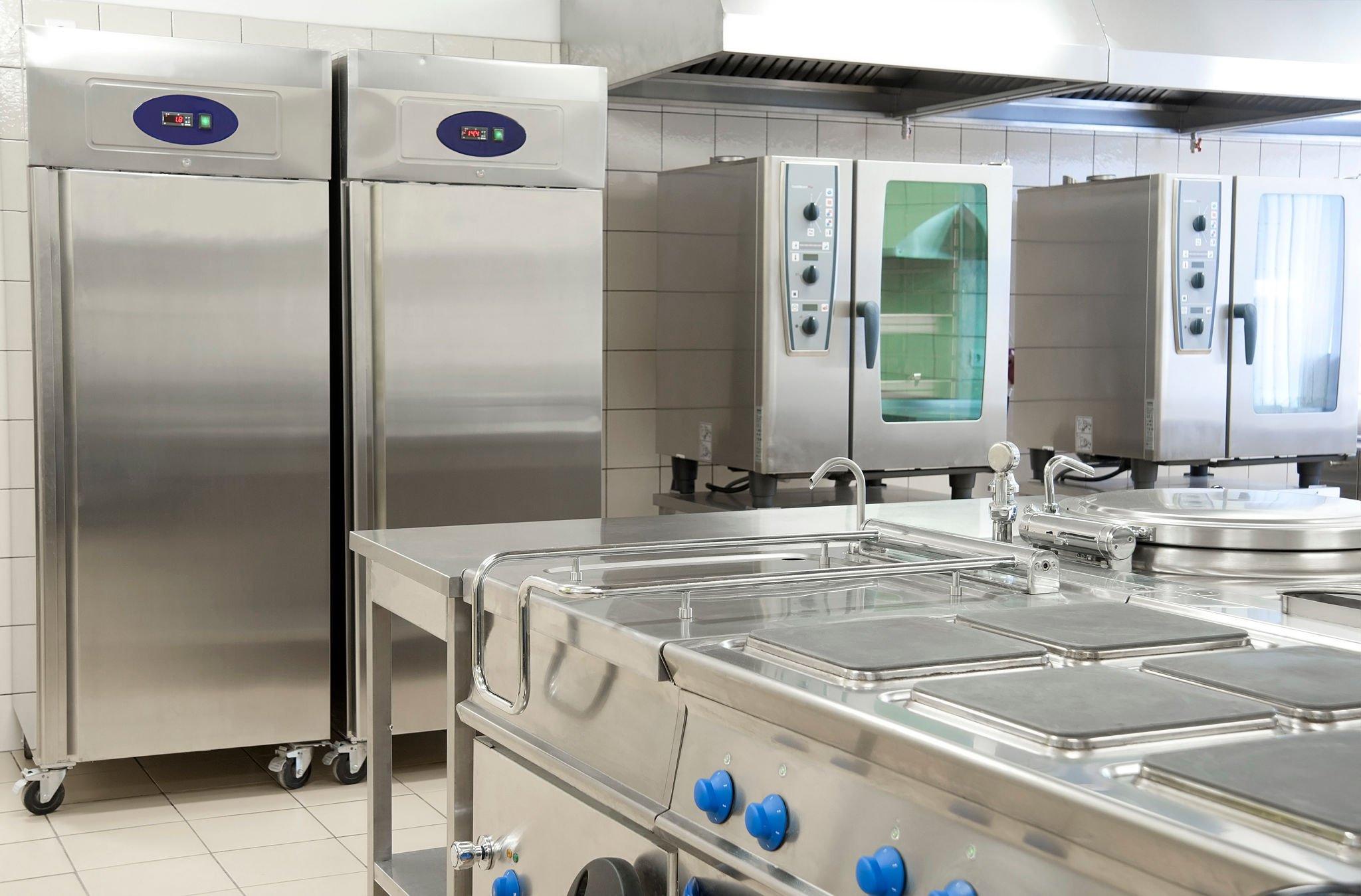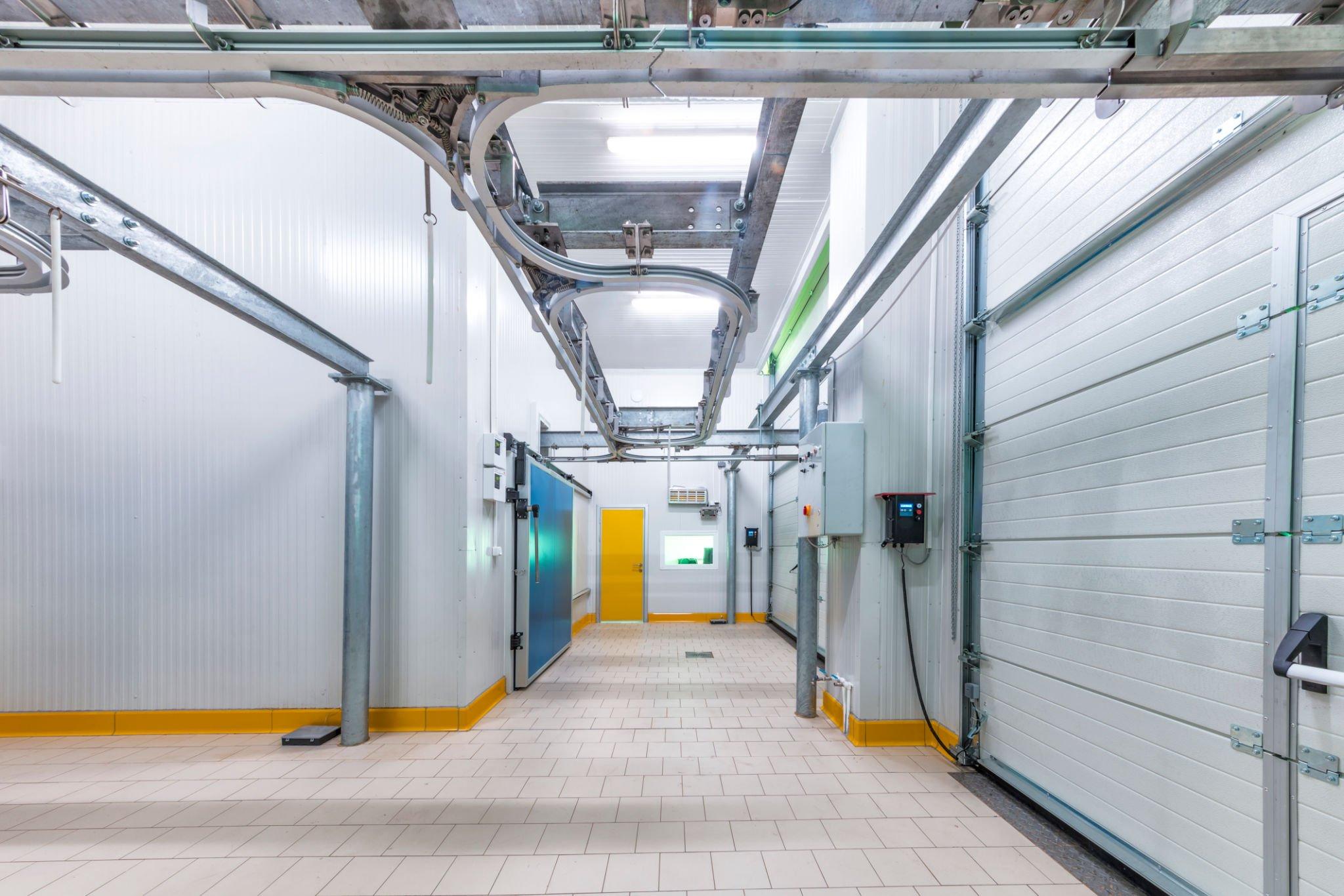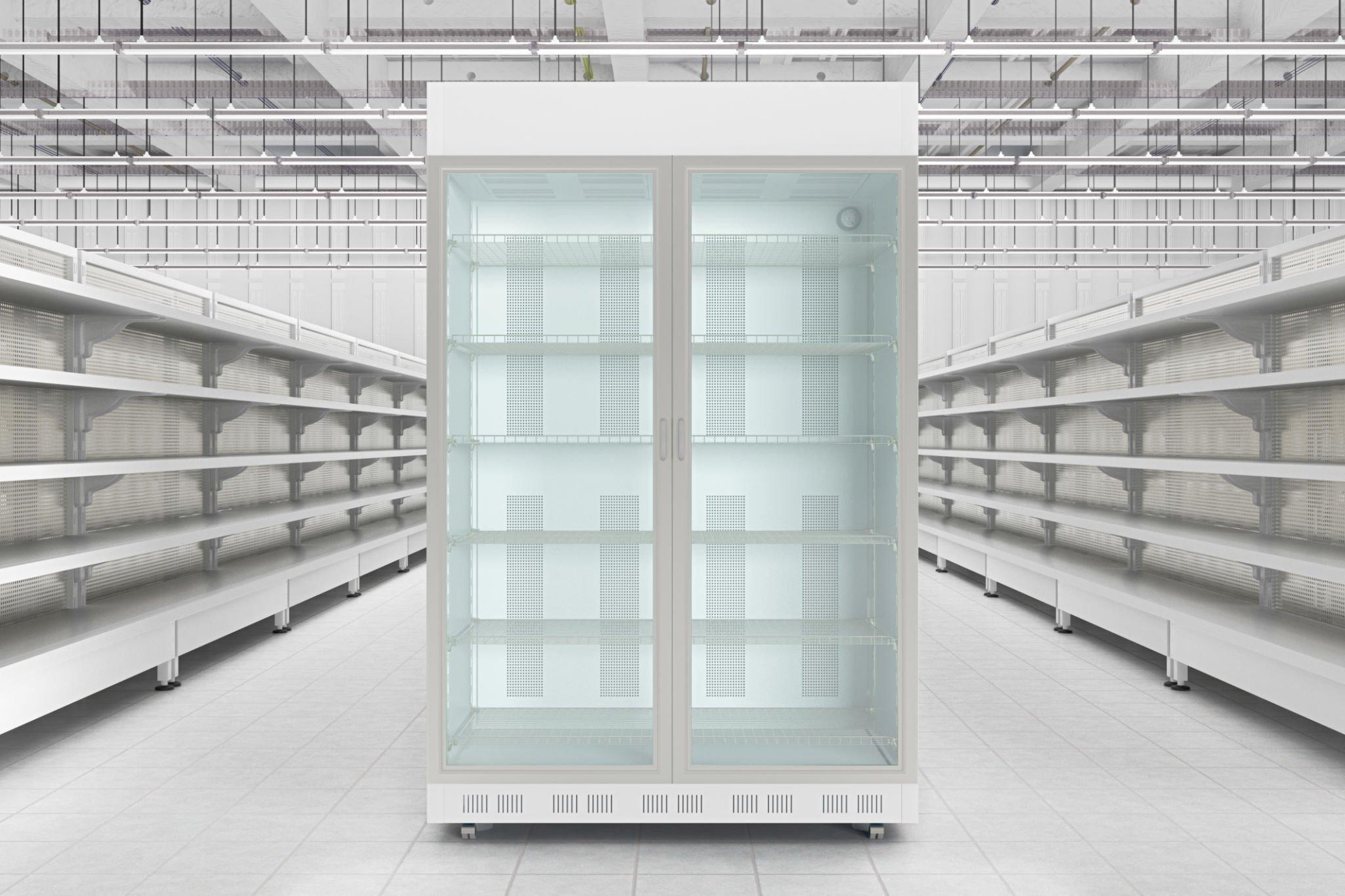Commercial refrigeration is a vital aspect of many businesses, including grocery stores, restaurants, and other food service establishments.

The primary purpose of commercial refrigeration is to preserve perishable goods, which are often expensive and crucial to the daily operations of a business.
In this article, we will explore why commercial refrigeration is typically used and its importance in the food industry:
What is the purpose of commercial refrigeration?
1. Helps businesses maintain the quality of their products
One of the main reasons commercial refrigeration is essential is that it helps businesses maintain the quality of their products. When food is exposed to warm temperatures, it can spoil quickly, leading to health hazards and financial losses for the business.
Therefore, commercial refrigeration systems are designed to keep food at a safe temperature, reducing the risk of spoilage and maintaining product quality.
Barnet Climate Control, which is offering commercial refrigeration in Barnet, as in any other location, plays a crucial role in the food industry.
Without proper refrigeration, businesses would not be able to store their products safely, and customers would be less likely to purchase items that are not fresh.
2. Helps businesses comply with health and safety regulations
Furthermore, commercial refrigeration helps businesses comply with health and safety regulations, which require certain foods to be stored at specific temperatures to prevent the growth of harmful bacteria.
3. Helps businesses save money
Another reason commercial refrigeration is essential is that it helps businesses save money. By preventing spoilage and extending the shelf life of products, businesses can reduce waste and increase their profits.
Additionally, some commercial refrigeration systems are designed to be energy-efficient, reducing energy costs for the business over time.
What are the types of commercial refrigeration systems?

Commercial refrigeration systems come in a variety, each with special features and advantages:
1. Walk-in refrigerator
One common type is the walk-in refrigerator, which is often used in restaurants and grocery stores. Walk-in refrigerators are designed to store large quantities of food and are typically customizable to meet the specific needs of the business.
2. Reach-in refrigerator
Another type of commercial refrigeration system is the reach-in refrigerator, which is commonly used in commercial kitchens to store frequently used ingredients and prepared food.
3. Display refrigerators
Other types of commercial refrigeration systems include display refrigerators, which are used to showcase products in retail settings, and blast chillers, which are used to quickly cool down food to a safe temperature. Each type of refrigeration system serves a specific purpose and can be beneficial for different types of businesses.
In addition to its practical benefits, commercial refrigeration can also have a positive impact on a business’s reputation. Customers are more likely to trust and return to businesses that prioritize the quality and safety of their products.
Moreover, businesses that invest in energy-efficient commercial refrigeration systems can improve their sustainability efforts and appeal to environmentally conscious customers.
Read also: 5 Benefits of Using Natural Cleaning Products
Overall, commercial refrigeration is an essential investment for businesses that want to do the following:
- To maintain better product quality
- To comply with regulations
- To reduce waste
- To increase profit
- To establish a solid reputation in their field.
Conclusion
In conclusion, commercial refrigeration is an essential aspect of many businesses, particularly in the food industry.
Its primary purpose is the following:
- To preserve perishable goods
- Maintain product quality
- Comply with health and safety regulations.

With the right commercial refrigeration system in place, businesses can reduce waste, increase profits, and provide their customers with fresh, high-quality products.
Commercial refrigeration in Barnet, as in any other location, is a vital investment for businesses that want to succeed in the competitive food industry.



